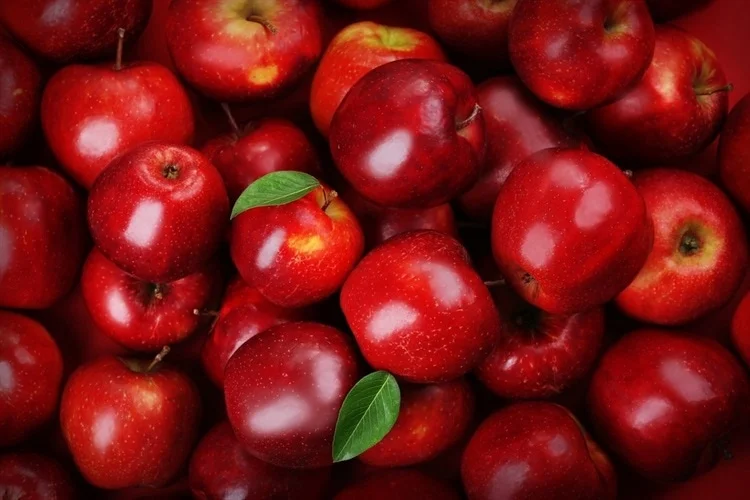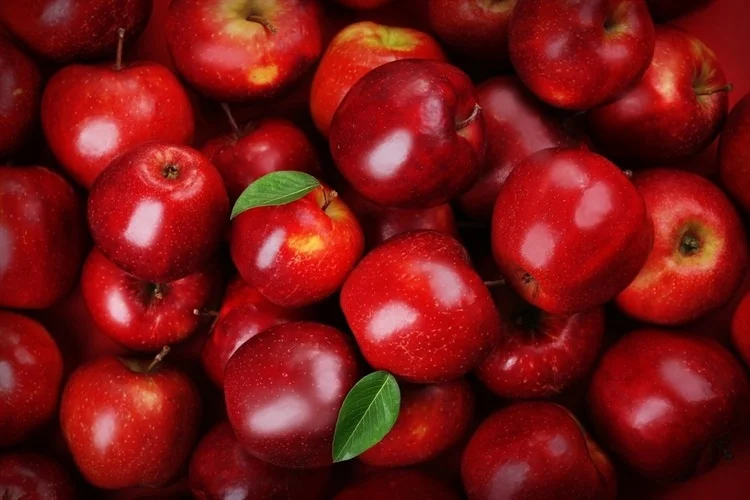
According to several reports, the flavonoid content of apples influences the risk of cancer and modifies immunological pathways such the levels of tumor necrosis factor-alpha (TNF-alpha) and nuclear factor kappa B (NF-B).
Hence, dietary consumption of polyphenols may affect the occurrence and development of inflammatory diseases such inflammatory bowel disease (IBD) and neurodegenerative disorders. Consuming apples with added flavonoids boosts the number of helpful bacteria in the colon’s microbiome.
It is crucial to investigate the relationship between polyphenol intake and the gut microbiota in order to determine the possible health advantages of consuming polyphenol-rich foods since intestinal microorganisms metabolize flavonoids.
Dysbiosis of the intestinal microbiome may raise the risk of cancer and affect how many therapies, including anticancer medicines, work. Nonetheless, despite studies showing the advantages of eating apples high in flavonoids in murine mice.There has to be more research done on the potential immunological advantages of red-fleshed apples in people.
In the current study, researchers looked at whether eating apples high in flavonoids might change the gut flora and pro-inflammatory gene expression in people.
The 25 participants in the randomized, placebo-controlled, cross-over intervention trial consumed dry portions of red-fleshed or placebo (white-fleshed) apples every day for 2.0 weeks, followed by a washout period of one week and a cross-over period of 2.0 weeks.
The subjects gave fecal samples, which were used to extract microbial DNA to study the microbiome. Using liquid chromatography-mass spectrometry, the polyphenol content was evaluated (LC-MS). Ages 20 to 61 and a body mass index (BMI) of 19 to 31 kg/m2 were the target demographics for this study. Participants were found at Auckland University and through advertisements in neighborhood publications.
Individuals






